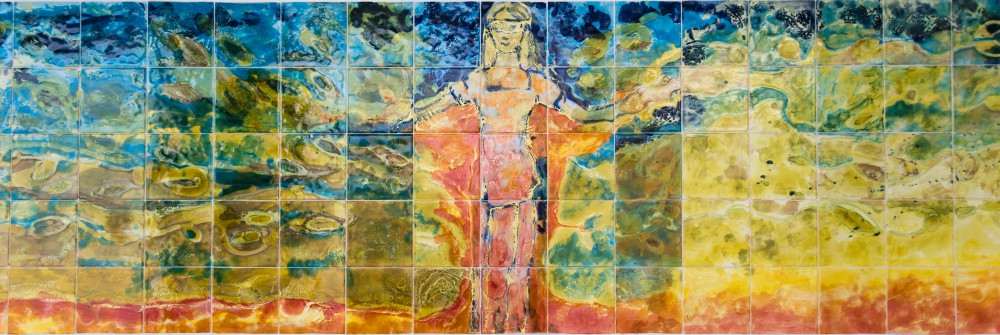The unique diverse and complementary composition of the Consortium is the cornerstone upon which this Master rests from its inception up until this day.
It is designed so that partner institutions complement each other in providing the unique mix of skills that will enable its students to become the next generation of truly international legal experts.Such composition relies on diversity of its members and their perfect alignment in the fulfilment of the common goals.
The unique diverse and complementary composition of the Consortium is the cornerstone upon which this Master rests from its inception up until this day. It is designed so that partner institutions complement each other in providing the unique mix of skills that will enable its students to become the next generation of truly international legal experts.
Such composition relies on diversity of its members and their perfect alignment in the fulfilment of the common goals.
In view that the JMD aims at giving students an international perspective on the Law, the Consortium offers:
- Choice for contact with seven different national legal systems (Portugal, Germany, France, Lithuania, India, Brazil, and Vietnam)
- Diversity among the strong points of each partner in what concerns the concrete subjects offered: some universities have a special focus on International Law (Rouen, Vilnius, Pune), others present mixed combinations of Private and Public Law (e.g. Lisbon) with a special care for particular areas of Private Law, or Competition Law (Hannover) (…).
- Cultural and linguistic diversity: students may study and be evaluated in four different languages, but besides that, they may be in contact with eight different languages, and live in societies of very different religious affiliations (Christian, Muslim, Hinduism) and political and economic systems. Given the importance of informal education, this is also a matter of extreme importance in understanding the Law, especially in an international perspective.
Concerning the non-degree awarding partners, Symbiosis International University (Pune), Ho Chi Minh, Catholic University (Brasilia) and Damas Catholic University (Recife), they are cooperating closely with our Consortium. These “second host universities“ made big efforts to comply with our Master course by developing special courses for introduction into their National legal system, integrating EU students into regular courses by slightly amending the content, providing tutors (Pune), introducing ECTS, providing specific services for students.
